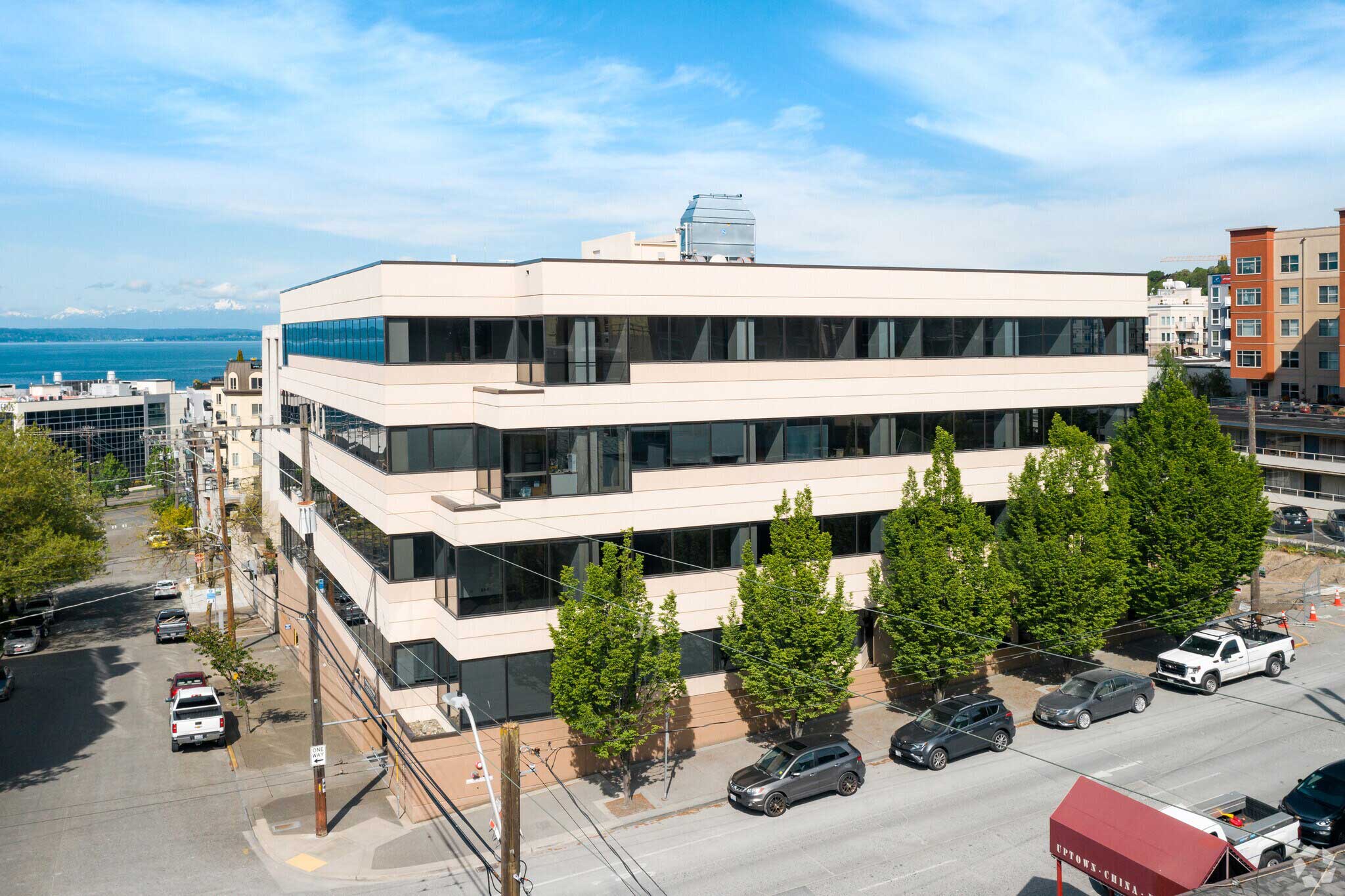Seattle joins other major U.S. cities – including Washington, D.C., New York and Chicago – where the urban landscape is experiencing a shift from corporate to community. The recent and ongoing trend of remote and hybrid work has led to a decrease in demand for office space, at the same time that our area is experiencing a dire need for new homes. This has led commercial property owners and investors to reevaluate their office assets and look for creative ways to attract tenants or seek alternative uses for the space.
Case in point: Seattle’s central business district had a commercial vacancy rate of 24.3% as of the third quarter of 2023, equating to 2.18 million square feet of occupancy loss through the first three quarters. And about 14% of office space across Puget Sound – including Seattle, Tacoma and the Eastside – is vacant or available for sublease, the highest that number has been since 2010. As host to multiple Fortune 500 companies, including Amazon, Microsoft, Google and Meta, our region continues to feel strong demand for residential development. Commercial-to-residential conversion could help fill that gap.
The trend is already in motion in our area. Within Seattle, Tacoma and Bellevue, 973 former office units are being repurposed as residences, making up 45.5% of the metro area’s apartment conversions, and a 5% increase over last year.
In early January 2024, Seattle-based developer and investor Stream Real Estate purchased the four-story Queen Anne Plaza in Lower Queen Anne for $7 million, with the intent of converting the space to apartments. Directly across from Climate Pledge Arena, the vacant complex was chosen for its size (13,000 square feet of leasable space per floor), proximity to city amenities and excellent Elliott Bay and Puget Sound views from the upper floors.
These conversion projects may soon come with financial breaks for developers. Lawmakers in Olympia are considering a conversion proposal that would allow cities to create tax incentive programs aimed specifically at commercial-to-residential conversions. Developers could receive a 30-year property tax exemption on the value of a converted building if at least one-fifth of the residential units are affordable to people earning 80% of the area median income. If approved, this could mean 1,000 to 1,200 apartments or condos added to Seattle’s residential pool over the next seven years. While it’s predicted that Seattle will need about 112,000 new homes over the next 20 years, the conversion projects represent a small step in the right direction.
This post was based on information found on Seattle Times, Multifamily Dive and RentCafe. Photo source: Loopnet.com.



